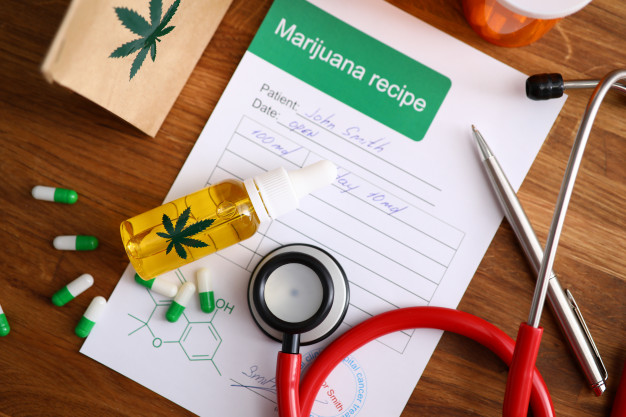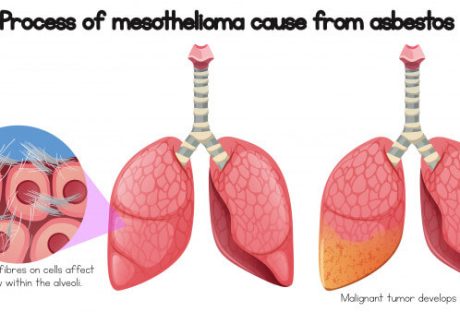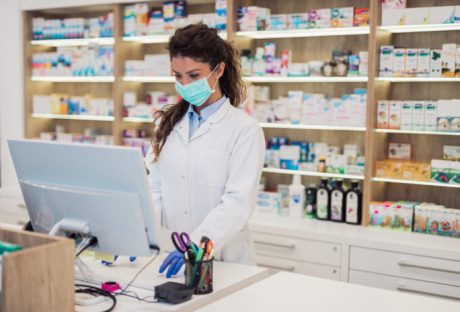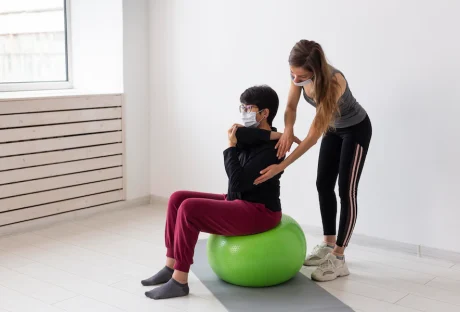Mental and physical health problems affect millions of people worldwide every year. While modern pharmacology has solutions for many health problems, they often come with significant side effects. To avoid the side effects of mainstream drugs, many people resort to using natural remedies like CBD.
CBD oil is one such natural product that is extracted from cannabis/marijuana plants. Unlike THC, which is one of over a hundred chemicals found in cannabis, CBD is non-psychoactive, meaning that it doesn’t give you the sensation of being ‘high.’ While scientific studies have to corroborate CBD’s efficacy in treating health problems, the apparent benefits are worth recognition.
Here’s when you may start considering CBD use:
1. Pain Relief
The use of marijuana as an analgesic dates back thousands of years. Today, we know that CBD is one of the key components of marijuana that helps with pain relief. Studies suggest that CBD affects the endocannabinoid receptor activity, thus reducing inflammation and the sensation of pain in subjects with chronic pain.
For example, multiple sclerosis is an autoimmune disease that affects the brain and spinal cord. It causes pain, difficulty walking, and muscle spasms. When used on its own or in combination with other drugs, CBD can help alleviate these symptoms. The use of CBD for arthritis pain is also well documented.
Read more: CBD for Pain Relief: Dosage Guidelines and Safety
2. Mental Health
As awareness about mental health problems increases, scientists are trying to find newer and safer treatment methods. Two common and potentially debilitating mental health problems include depression and anxiety. While these can effectively be treated with pharmacological drugs, CBD provides a natural solution to these problems. The substances in CBD interact with the serotonin receptors in the brain that regulate mood and behavior. For this reason, many people use CBD to get relief from the symptoms of depression.
3. Cancer and Chemotherapy Pain
Cancer exists in many forms and affects different areas of the body. It is one of the leading causes of death worldwide. Until now, chemotherapy is a mainstream cancer treatment. It is a cocktail of strong drugs that are used to restrict the uncontrolled growth of tumors. While chemotherapy is effective, it causes many unpleasant side effects, such as nausea, vomiting, pain, and hair loss. CBD is thought to be effective in reducing cancer-related pain as well as chemotherapy-induced pain, nausea, and vomiting.
Read more: The Role of CBD Isolate in Eradicating Cancer
4. Other Uses
There are several other conditions where the use of CBD could be helpful. For example, it can be used to control acne in young adults, thanks to its anti-inflammatory properties and the ability to control sebaceous gland secretions. Even though it is not clinically proven, CBD is also commonly used to reduce seizures in epilepsy patients. It may also improve the symptoms and the quality of life of individuals suffering from Parkinson’s and Alzheimer’s.
CBD has stress reduction properties, which is why many people use it to cope with high blood pressure. Its anti-oxidative and anti-inflammatory properties also have a positive effect on heart tissues in people having heart diseases. However, these benefits are not scientifically corroborated. As such, you must not start using CBD without consulting with your doctor. In addition, a professional CBD services provider offers a wide range of CBD products which you can check at https://thejointcannabis.ca which is a perfect destination to explore.
Conclusion
Many people who have used CBD think that it comes with health benefits. And many studies have already looked at the substance’s health effects. However, more researches and clinical trials are required to validate the benefits of CBD.
While CBD is generally safe, it comes with some side effects and can negatively interact with other drugs. For these reasons and more, it is recommended that you must consult with a doctor before you start to use CBD. Even if your doctor allows you to use CBD, be sure to keep an eye on your health and stop using the substance if you experience negative effects.
Read Also:






















